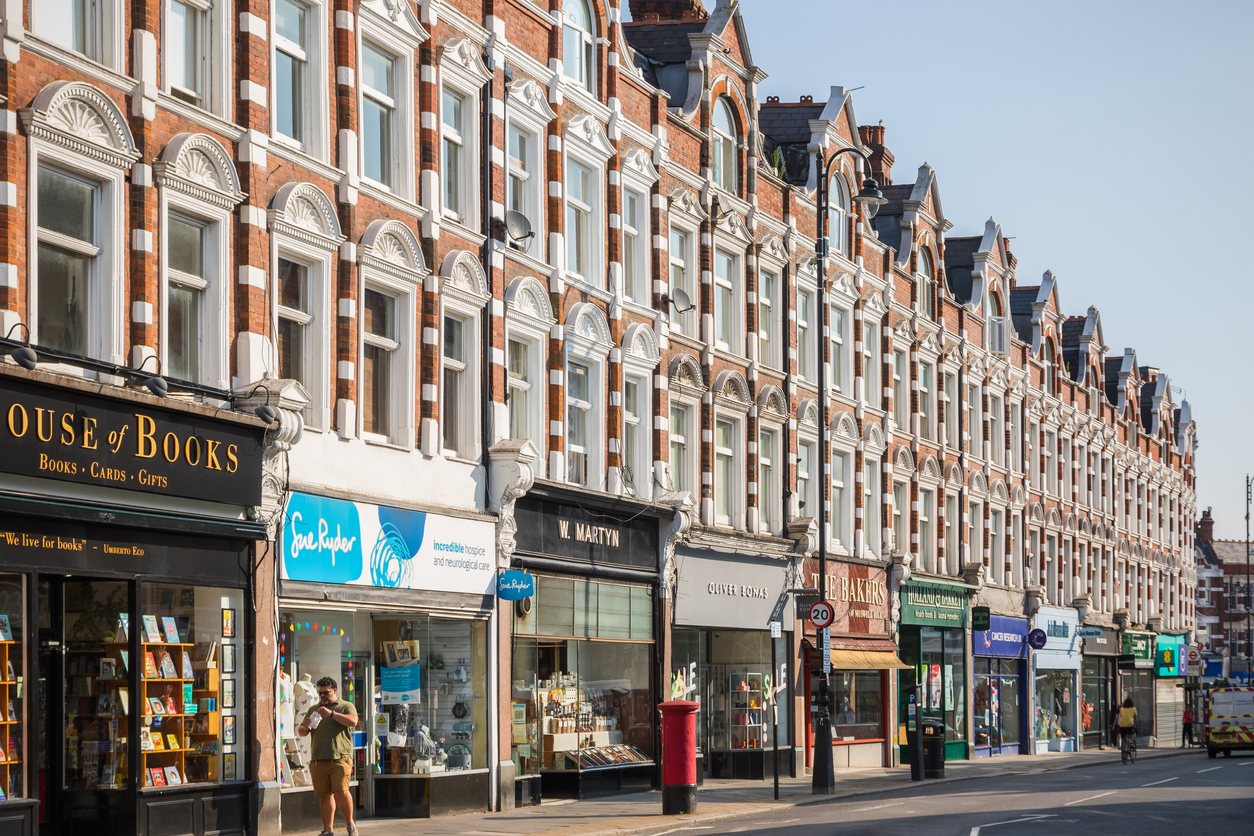



Mixed-use properties are becoming increasingly popular in the UK, particularly in major cities like London, where space is at a premium. These types of developments combine residential, commercial, and sometimes industrial spaces within a single property or complex. For investors, developers, and local communities, mixed-use properties offer a range of benefits, from diversified revenue streams to creating vibrant urban environments.
This article explores what mixed-use properties are, their advantages, and how Fraser Bond can help investors and landlords make the most of this growing real estate trend.
A mixed-use property is a development that combines different types of uses—typically residential and commercial—within the same building or area. These properties might include:
Mixed-use properties create a dynamic environment where people can live, work, shop, and socialize in one place, reducing the need for commuting and promoting convenience.
Diverse Functions: Mixed-use properties incorporate different functions such as retail, residential, and office space into a single development.
Efficient Use of Space: Particularly in urban areas where land is limited, mixed-use properties make efficient use of space by combining multiple uses in a smaller footprint.
Sustainability: By reducing the need for long commutes and encouraging a mix of work and leisure within one area, mixed-use properties contribute to more sustainable living.
Community Integration: These developments often act as hubs for local communities, encouraging social interaction and supporting local businesses.
Mixed-use properties offer several advantages for property investors, developers, and landlords:
One of the primary benefits of mixed-use properties is the ability to generate multiple income streams. A single property might house retail tenants on the ground floor, office tenants on the middle floors, and residential tenants in the upper levels. This diversification helps investors reduce risk, as their income is not solely dependent on one type of tenant.
Mixed-use properties are more resilient in fluctuating real estate markets. For instance, if the commercial rental market slows, the residential segment may still generate steady income, and vice versa. This balance makes mixed-use properties attractive during economic uncertainties.
Developments that offer a mix of residential, retail, and office spaces tend to attract more tenants and buyers, which can increase demand and raise property values. The convenience of having access to services, shops, and workspaces in the same location can make these properties more appealing to both residents and businesses.
Mixed-use properties play a significant role in urban regeneration, particularly in areas that require modernization or improvement. These developments can rejuvenate neglected parts of a city, attract businesses, and create more desirable residential locations, ultimately boosting the local economy.
By combining residential and commercial spaces, mixed-use developments reduce the need for long commutes and encourage walking or cycling. This environmentally conscious approach contributes to reducing carbon footprints, aligning with the growing demand for sustainable living options.
While mixed-use developments offer many benefits, they also come with challenges:
Complex Planning and Zoning: Developing a mixed-use property requires navigating complex planning laws and zoning regulations. Local councils often have strict guidelines about the proportion of commercial to residential space, which can make the development process more complicated.
Property Management: Managing a mixed-use property can be more challenging than a single-use property due to the differing needs of commercial and residential tenants. Residential tenants might expect quiet evenings and weekends, while businesses may need access to their units during non-traditional hours. Effective, professional management is essential to ensure that these differing demands are met.
Higher Initial Investment: The upfront costs of developing or purchasing a mixed-use property are generally higher than for single-use properties. Investors need to be prepared for larger capital investments, although these costs are often offset by the potential for higher returns.
Mixed-use properties come in various forms, depending on their location, size, and purpose. Some common types include:
Vertical Mixed-Use: These properties have different uses stacked on top of each other, such as retail on the ground floor, offices in the middle, and residential units above.
Horizontal Mixed-Use: In this layout, separate buildings within the same development area house different functions, such as one building for residential and another for commercial use.
Live-Work Developments: These are properties where residents can live and work in the same unit, typically designed for professionals or entrepreneurs who work from home.
Investing in mixed-use properties requires a thoughtful approach and consideration of local market conditions. Here are some steps to consider:
Understanding the local demand for both residential and commercial spaces is crucial. Research the area to see if businesses are thriving, and assess whether there is sufficient demand for residential units in the same area. Areas undergoing urban regeneration or population growth are particularly well-suited for mixed-use developments.
Mixed-use properties often require more complex financing arrangements. Investors should seek advice from real estate finance professionals to ensure they have access to the right type of funding, especially if developing from the ground up.
Because mixed-use developments can be more complex than traditional residential or commercial investments, it is vital to work with experienced developers and property agents who understand the intricacies of these projects. This will help you navigate planning permission, property management, and finding the right tenants for both commercial and residential spaces.
Fraser Bond has extensive experience in helping clients navigate the complexities of mixed-use property investments. Whether you are a landlord looking to diversify your portfolio or an investor exploring urban development opportunities, our team can provide expert guidance throughout the process. From market analysis and financing to planning and property management, Fraser Bond offers a full suite of services to help you maximize the potential of your mixed-use property investments.